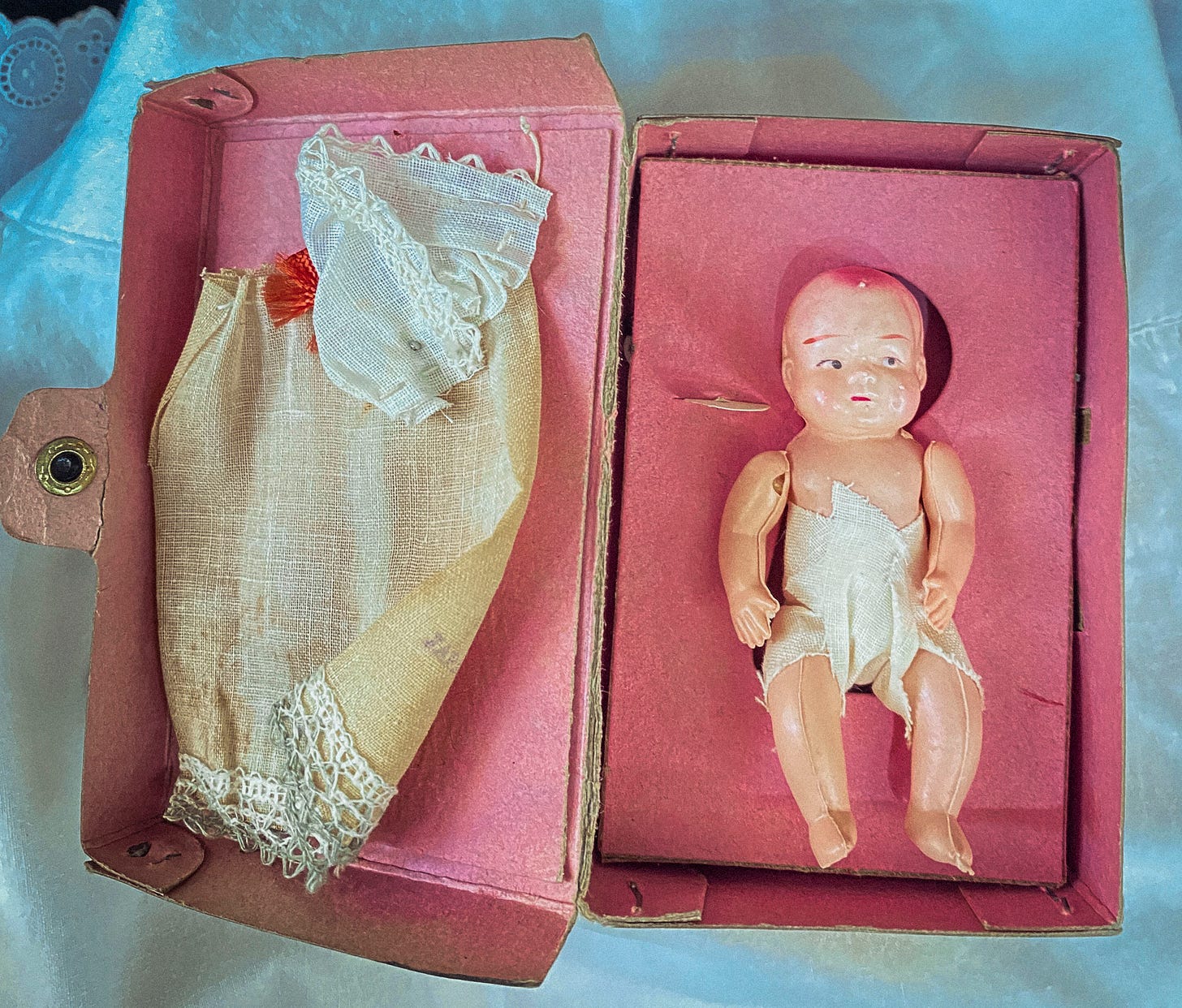A powerful critique of the term post-adoption and the culture it enables - masking lifelong consequences of severance, substitution, and state control.
Post-adoption is a term embedded in adoption discourse, yet it is rarely interrogated. It is a dangerous fiction, imposing a temporal distance, much like post-war, post-feminism, or post-colonialism phrases that suggest resolution despite the legacy and persistence of discrimination.
Post-adoption is a linguistic sleight of hand that implies the rupture of maternal separation and subsequent identity reassignment through adoption is over, any harm is contained, and the past event no longer defines the present.
When a country signs the Hague Adoption Convention, it must complete a questionnaire. My previous column, What the Hague, examined Aotearoa New Zealand’s response.
Beyond the state’s predictable minimisation and manipulation, I was struck by the headings provided by the Hague: “Post-adoption matters,” “Post-adoption services,” “Post-adoption reports.”
Is your country one of the 106 ‘Contracting Parties’?
In this framing, post-adoption sanitises lifelong displacement. In Aotearoa New Zealand, it pays lip service to the need for services, without delivering them.
The Ministry of Justice reinforced this illusion in its 2022 Adoption Law Reform summary. Built on the legacy of closed adoption and the myth of a “clean break,” the document refers to adult adoptees as if our experiences are historical curiosities.
But adoption isn’t a one-off event. It’s a legal, social, and psychological condition. It is a statutory process created with a specific purpose and, as a judge in New Zealand said, “an intended finality”.
The term neatly replaces lifelong estrangement with bureaucratic closure. Its power lies in its institutional use. By framing adoption as a completed legal act, it offers false neutrality while concealing the state’s continuing control over the histories, records, names, relationships, and everyday lives of all adopted people (whether or not they are happy with being adopted).
As Foucault might argue, it performs a discursive erasure - language doing the work of denial.
Scholars like Trenka, Oparah, Shin (2006) and Volkman (2005) have shown how adoption rhetoric is saturated with finality and rescue, masking the lifelong and intergenerational dislocation of identity, kinship, and belonging.
The state’s embrace of post-adoption serves an ideological function: it signals successful placement, the end of responsibility, and administrative closure. It reassures the public that all is well. If we express otherwise – if we share loss, grief, or anger– we become the problem.
That’s the trick: post-adoption redirects scrutiny from the system to the adopted. We become the noise, the disruption, the ungrateful.
The Hague sets the tone, and member states follow. Lexical alignment enables ideological alignment. Language becomes policy.
French sociologist and public intellectual Pierre Bourdieu might frame this as symbolic violence – language that naturalises the unnatural, suppresses critique and pathologises dissent:
Symbolic violence is violence wielded with tacit complicity between its victims and its agents, insofar as both remain unconscious of submitting to or wielding it.
The earliest documented use would appear to be in an article by Rena Phillips: Post-Adoption Services — the Views of Adopters (Adoption & Fostering, 1988)
From the start, the concern was for adopters, with services designed to assist them in managing the non-compliant adoptee.
By 2006, the Hague had institutionalised the term in documents like Guidelines on Post-Adoption Services, fully embedding it into global policy.
To resist this linguistic erasure, we need language that centres our truth. Instead of post-adoption, we might speak of the adopted condition, the adoption spectrum, or kinship severance - terms that recognise adoption as embodied, legal, and ongoing.
Naming adoption as lived, not closed, reclaims narrative authority and dismantles the fiction that legality brings closure.
Framing adoption as something in the past lets governments avoid reckoning.
Post-adoption serves the state, not the adopted. It upholds the legal fiction of a clean break, shielding institutions from the lifelong consequences of severance, secrecy, and substitution.
Post-adoption culture treats the fiction of ‘as if born to’ not just as legal shorthand but as emotional truth.
It teaches adoptive families – and society – to believe that adoption erases what came before, that identity can be reassigned, and that biology doesn’t matter.
The people who use post-adoption are not the adopted.
We know there is no “post.” Adoption is permanent legal ownership and lifelong identity denial.
Those of us who do not accept this status are like soldiers still hiding in the jungle, unaware that the war is meant to be over.
Here’s another handy chart (clearly, I’m having a thing with charts right now.)
Tree of Strangers is now available direct from the author.
Coming up next - a guest post from The Adopted Chameleon: What We Didn’t Know, Hurt Mothers and Their Babies
For paid subscribers interested in learning more about how Bourdieu’s concept of symbolic violence can help us change the world, a PDF of Katie Smith's 2007 paper is attached.
Keep reading with a 7-day free trial
Subscribe to Adoption Deconstructed to keep reading this post and get 7 days of free access to the full post archives.






